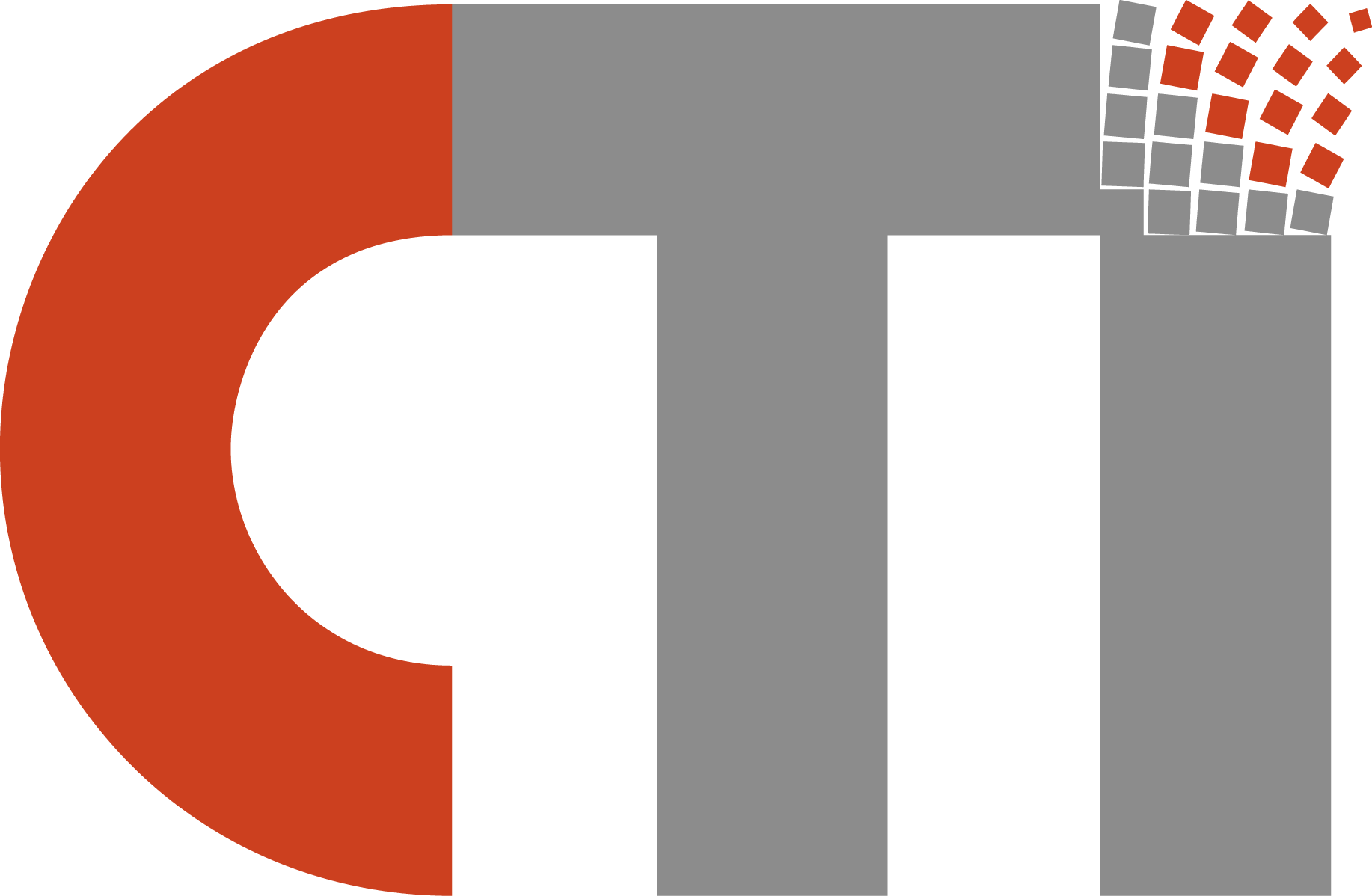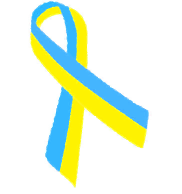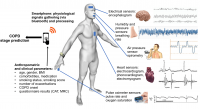Research Projects
INCEPTION: Internet of Things meets Complex Networks or early prediction and management of Chronic Obstructive Pulmonary Disease
Recent research indicates Chronic Obstructive Pulmonary Disease (COPD) as the third cause of death and one of the main impediments to the quality of living in today’s society. COPD is defined as the clinical condition which reduces pulmonary capacity; it is not reversible, however if diagnosed at an early phase, its evolution can be controlled. Unfortunately, the early detection of COPD is a difficult task, and often time people are diagnosed when they are already in an advanced stage.
Capitalizing on recent research results which indicate sensor systems, mobile, and Internet of Things solutions as very useful for monitoring and managing COPD, we propose a personal, integrated prototype system for early detection and evolution prediction of COPD. As such, we intend to build a sensor network that gathers multiple physiological signals and a mobile application that extracts the multi-fractal spectra as mere signatures of these signals. Then, the mobile system will integrate the physiologic signatures with anthropometric and other individual clinical data. On the server side, we will collect the integrated data from a population of individuals, to build a complex network model of patients. Indeed, recent papers indicate the complex network model as very useful for generating COPD predictions. To this end, we will employ modularity clustering and network layout tools to build prediction models for both early detection and evolution prediction of COPD. The prediction model will be instantiated as a smartphone application and tested in order to assess its predictive capacity.
In order to undertake the objectives of our proposal, we assemble a multidisciplinary team, consisting of computer engineers (hardware and software) and specialized medical doctors. The engineering teams will build the hardware and software parts of our demonstration model, whereas the medical team will provide the necessary medical expertise, in order to test and validate the engineering model.
Andrei LIHU, Ștefan MIHĂICUȚĂ, Daniela REISZ, Rodica DAN, Carmen ARDELEAN



